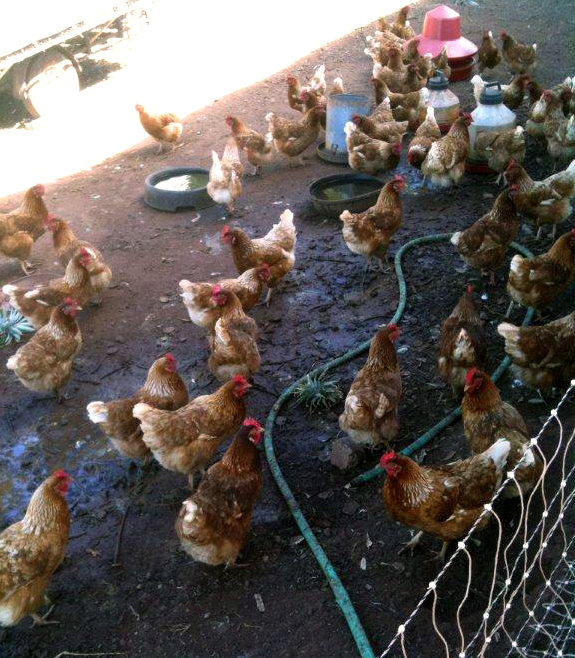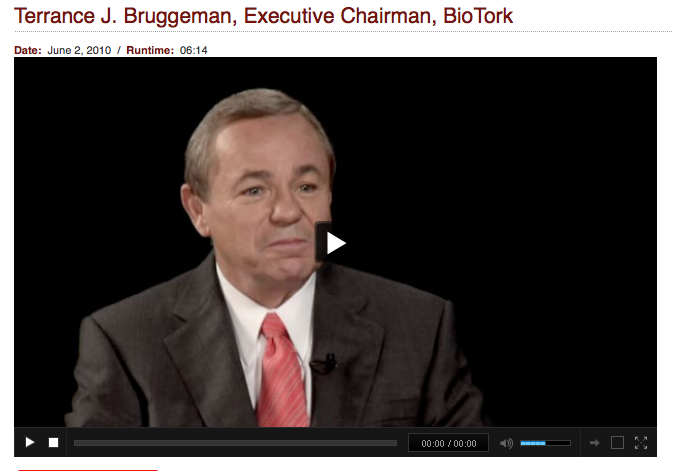There are very interesting things going on all around us right now.
Yesterday, Kimo and I went to Kapalua on Maui to visit with the Ulupono Initiative organic farm folk. They have taken over the organic farm section of Maui Land and Pine and are starting to ramp up the organic farm. I am helping them in their marketing efforts.
Having grown up on a poultry farm, I couldn’t help myself and I had to take pictures of some of the free-range chickens. They looked happy.

We flew back to the Big Island and, from the airport, I went straight to a Keaukaha Community Association meeting. Kanoe Wilson, Program Coordinator of the Kipuka Native Hawaiian Student Center at UH Hilo, explained that the Kamehameha Schools First Nations’ Futures Program, of which she is a member, is involved in facilitating dialogue among the various stakeholders surrounding the geothermal issue on the Big Island.
I believe that Kanoe and her group are leading the way in developing a model that shows the proper way to engage the Hawaiian community in future issues. They have a plan to engage the people and then to quantify results.
I am very happy to be working closely with her and the First Nations’ Futures people. It’s a great example of the younger generation taking its future into its own hands. I told the group in a recent get together: “…With their group, the future of Hawai‘i is in good hands.”
I gave a short synopsis of the geothermal resolution that will be introduced by Senator Russell Kokubun on the Senate side and by Representative Mele Carroll, head of the Hawaiian caucus, on the House side. Kanoe and I both emphasized that we were bringing information so the community will be on the leading edge of the discussion. That way decisions come from the bottom up, rather than from the top down.
This morning the Ulupono Initiative/Kapalua organic farm folks came to visit our farm. We are very excited to be on the ground floor of this new enterprise. Ulupono is in the middle of efforts to transition Hawai‘i to a sustainable place. I am happy to be a part of it.
Also, there will be a Korean Natural Farming workshop from February 26th to 28th. This method of farming claims to eliminate much of the fossil fuel inputs of traditional farming, and I feel it has great potential. We are one of the sponsors.
From the brochure:
You will learn a completely sustainable system of farming that requires no off-island inputs and provides abundant and nutritious food. Learn how to:
• collect and cultivate Indigenous Micro-Organisms
• make Oriental Herbal Nutrient (OHN), Lactic Acid Bacteria (LAB), Fermented Fruit Juice (FFJ), Fermented Plant Juice (FPJ), Fish Amino Acid (FAA), Water-Soluble Calcium (WCA), and Water-Soluble Calcium Phosphate
• These ingredients enhance plant growth and you will learn how to apply these inputs in synchronization with the nutritive life cycle of plants.


